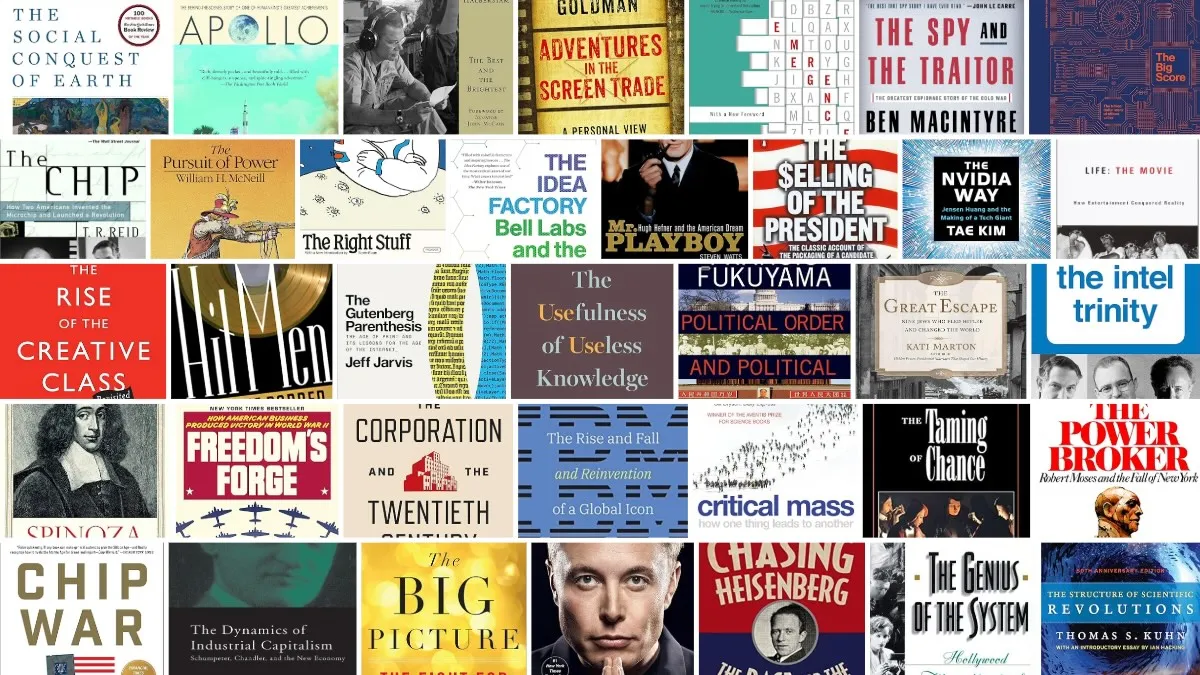Blog
Playing Like You're Winning (2025 Edition)
Sales calls, product launches, tough conversations — it’s all the same game. The best performers step into every “shot” as if the last one swished, no matter what actually happened.
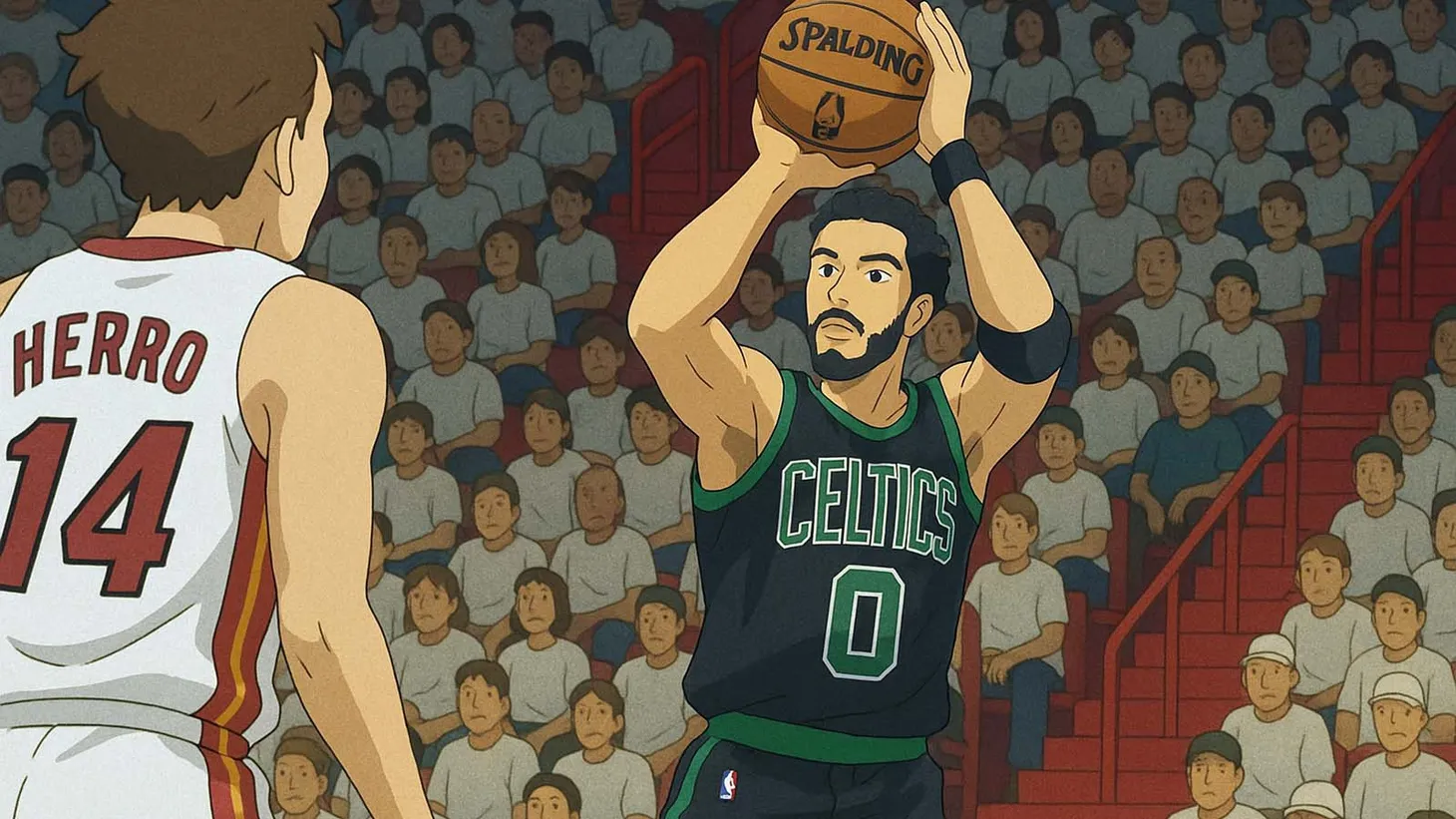
General Purpose Urbanism
Our cities and offices must learn from the architecture of AI models.
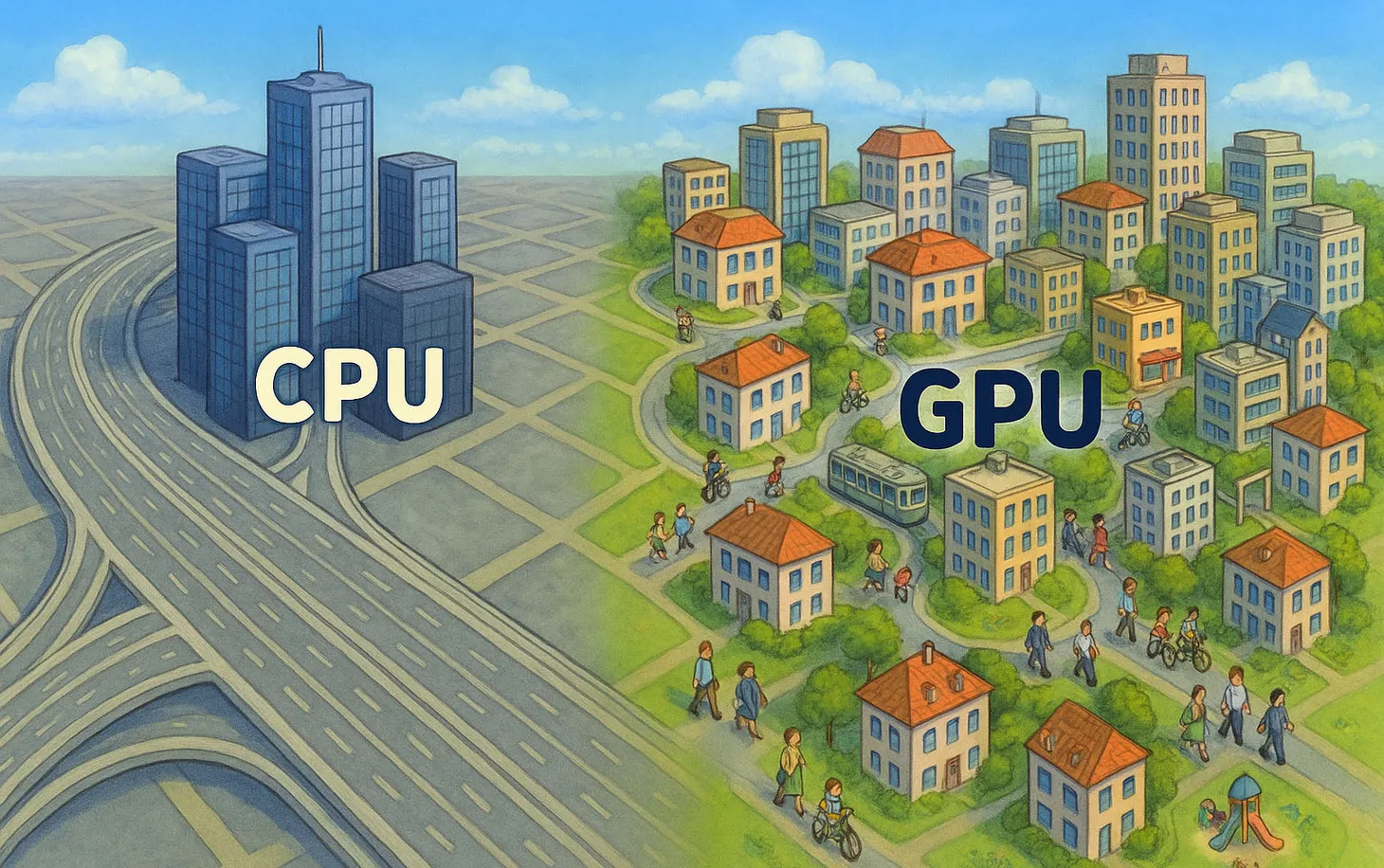
Tariffs and Intangible Assymetry
There's a fundamental asymmetry between China and America: Ideas spread quickly but factories are built slowly. China can catch up with American innovation faster than America can keep up with Chinese manufacturing (even if America wanted to). Over the past decades, America's policy response has been
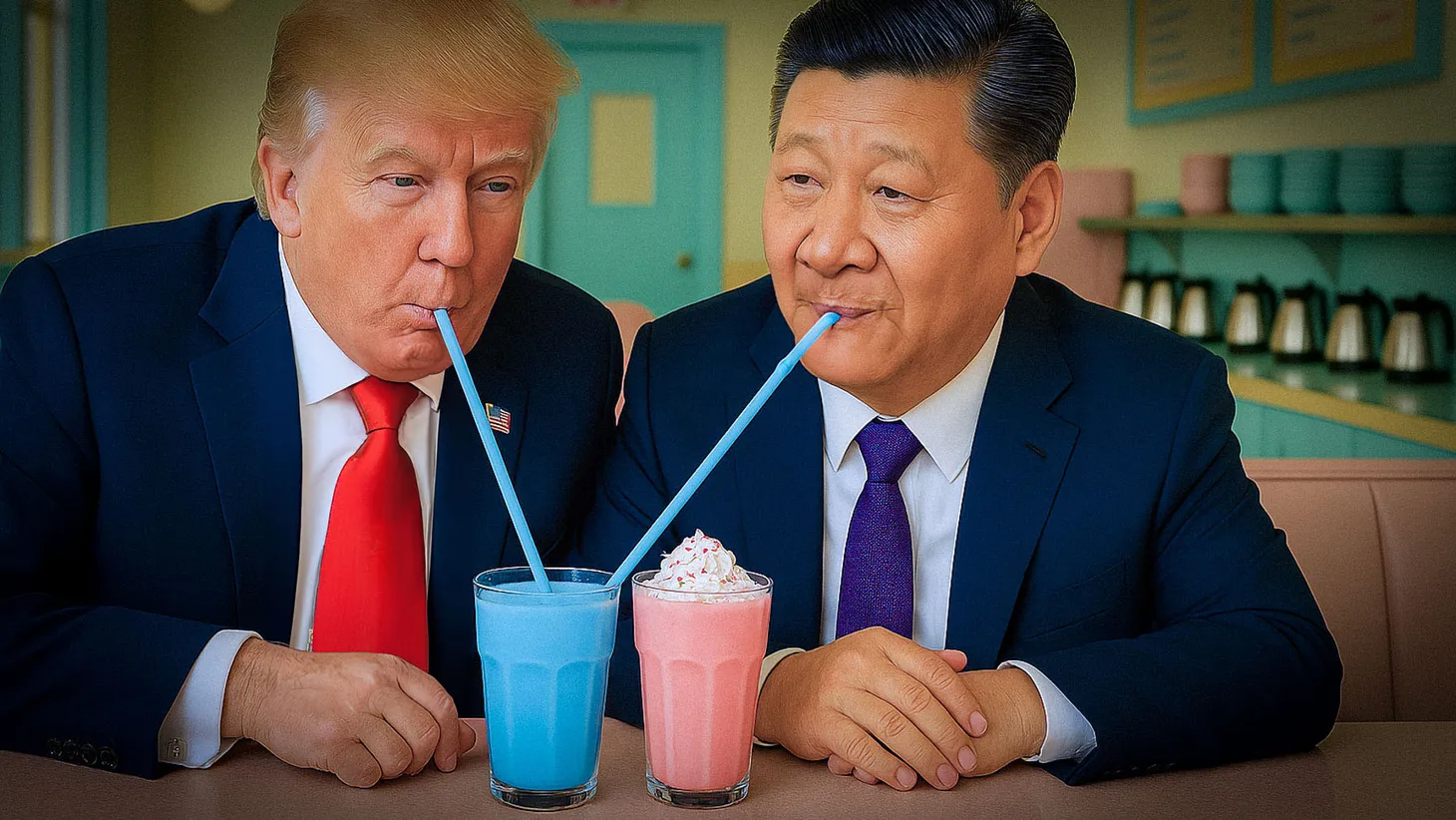
Zoom and Boom
At work and at war, convenience trumps authority every time.

The Nonlinear Economy
Most of us are playing a game that no longer exists.
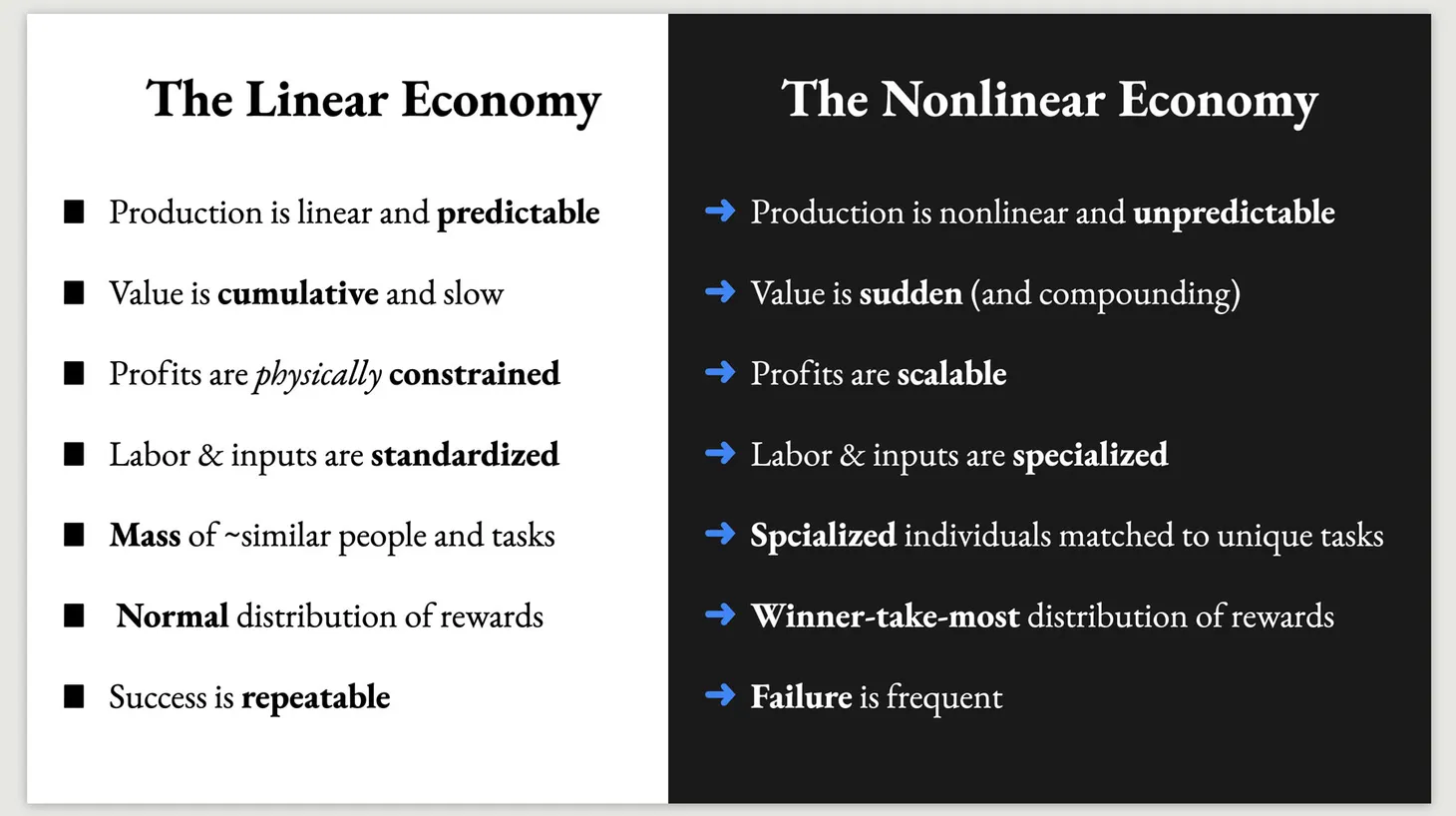
London Event: AI & The City
How will artificial intelligence reshape our cities, companies, and careers? Join some of London’s most innovative investors, founders, and thinkers for drinks, a keynote presentation, and a conversation about navigating an increasingly unpredictable world. Drawing on insights from my upcoming book, I will explore how AI is exposing the

Artificial Intelligence Is Working Remotely
A new tool from OpenAI shows how COVID-19 set the scene for a revolution in white-collar work.

Midwit-Adjacent Investing
Looking for a good investment? Find it on the lower slopes of the midwit curve.
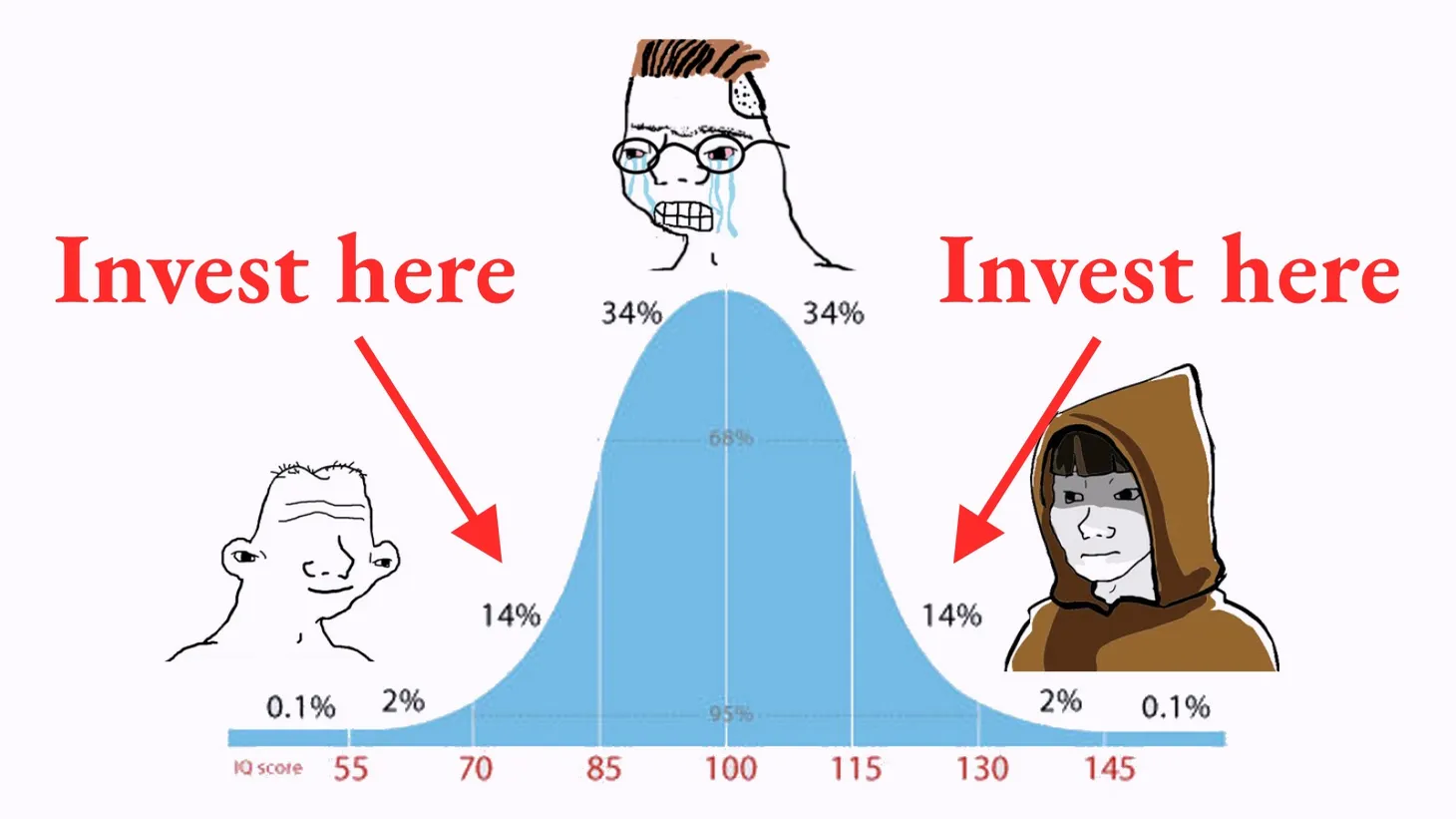
AI and the Physical World
"There is a mismatch between our economy and the world we build around it: Our cities, our office buildings, and our housing system. But also, in a more figurative sense, our assumptions about work and success and productivity, and the institutions that we built to educate our kids."

Books I enjoyed this year.
Below are books I read and enjoyed this year, not necessarily for the first time. The list includes books I took notes on, meaning I found them worthwhile. I included affiliate links to Amazon in case you'd like to explore further. The Idea Factory, a history of Bell
